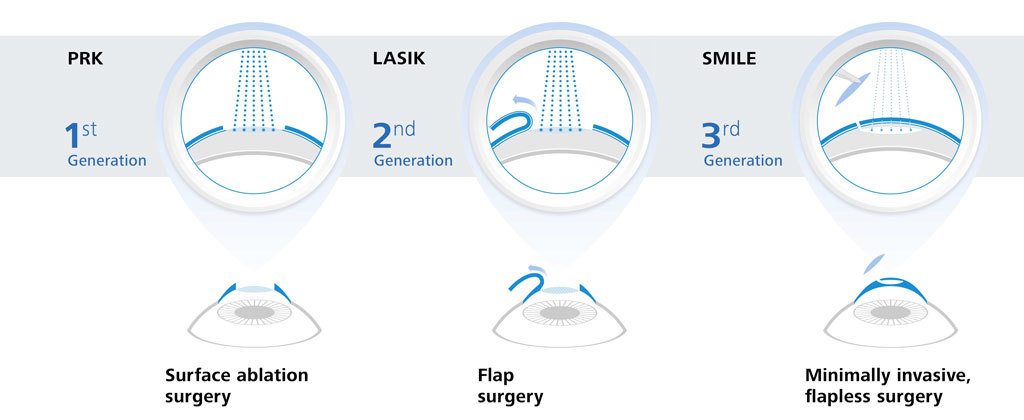PRK Vs. LASIK: Which Laser Eye Surgical Treatment Is Right For You?
PRK Vs. LASIK: Which Laser Eye Surgical Treatment Is Right For You?
Blog Article
Content Composed By-Gentry Suarez
Pondering over the perplexing dilemma of PRK vs. LASIK? Wondering which laser eye surgical procedure would certainly suit you ideal? Look no more, for this discussion aims to clarify the subject and aid you make a notified decision.
With a contrast of treatments, insights into healing time distinctions, and an exploration of possible threats and factors to consider, this exploration will leave you with a clearer vision of the course ahead.
So, if you're ready to reveal the secrets behind these two prominent procedures, bend up and prepare to start a trip of ocular enlightenment.
Treatment Contrast
When contrasting PRK and LASIK, it's important to recognize the differences in their particular procedures.
PRK, or photorefractive keratectomy, involves the removal of the outer layer of the cornea prior to reshaping it with a laser to correct vision problems. This procedure is suitable for people with slim corneas or those that may have various other corneal conditions.
On the other hand, LASIK, or laser-assisted sitting keratomileusis, includes producing a slim flap on the cornea, which is after that lifted to permit the laser to reshape the underlying cells. This procedure is normally liked for individuals with thick corneas and supplies a faster recuperation time contrasted to PRK.
Recognizing these differences can help you make a notified choice concerning which treatment may be more suitable for your certain requirements.
Recovery Time Distinctions
After understanding the differences in the procedures between PRK and LASIK, it is essential to consider the recuperation time distinctions. Right here are five bottom lines to bear in mind:
- PRK typically has a much longer healing duration contrasted to LASIK. With PRK, it can take up to a week or longer for your vision to support, while LASIK individuals frequently experience improvement within a day or two.
- PRK involves the removal of the epithelium, which is the outer layer of the cornea. This brings about a slower recovery procedure contrasted to LASIK, where a flap is developed and rearranged.
- PRK patients might experience discomfort and level of sensitivity in the initial few days after surgical procedure, while LASIK clients typically have marginal pain.
- LASIK Benefits Booklet and LASIK might require making use of prescription eye goes down during the healing period to prevent infection and promote recovery.
- check out the post right here to follow your doctor's post-operative instructions very carefully to guarantee a smooth and effective recuperation.
Potential Dangers and Considerations
Prior to deciding, it's important to comprehend the possible threats and factors to consider associated with PRK and LASIK laser eye surgeries. While both procedures are normally secure and effective, there are still a couple of points you need to keep in mind.
One significant risk is the opportunity of experiencing dry eyes after surgery. This is extra usual with LASIK, yet can likewise accompany PRK. Temporary aesthetic disruptions, such as glow, halos, and dual vision, are likewise possible negative effects. In addition, there's a small risk of infection and corneal haze after PRK.
visit their website to go over these prospective threats and factors to consider with your eye doctor to make an educated choice regarding which procedure is right for you.
Verdict
Finally, when choosing between PRK and LASIK for laser eye surgical procedure, it is essential to consider your private requirements and preferences.
Both procedures have their very own benefits and possible risks, so it's essential to seek advice from a certified eye doctor to determine which alternative is best for you.
Like two different paths causing the same location, PRK and LASIK can both assist you achieve boosted vision and a far better quality of life.
